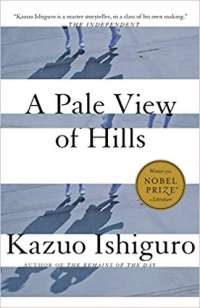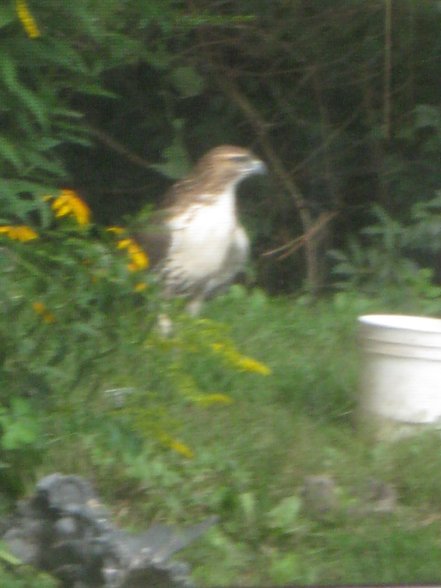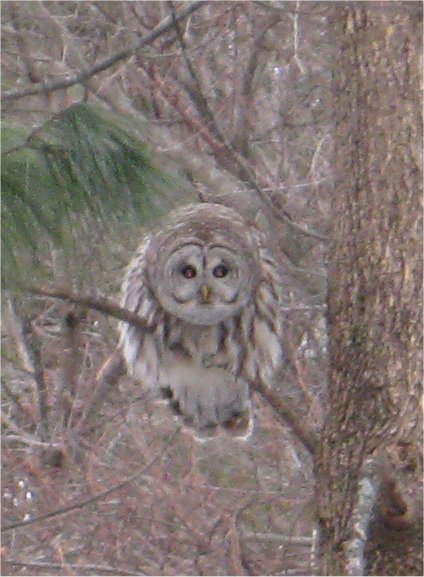Read Empty Sky Chapter 14 – Detective Colodnie Johnson
Earl Pangiosi poured himself another two-fingers of Macallan and turned on the stereo on low, Sinatra, soft and not distracting. Above the train’s rumblings and Sinatra’s croonings, he heard movement from the bedroom.
“Ah, Mr. McPherson, are you ready to join us?” He opened the door and flipped on the lights, turning the dial to full brilliance.
On the floor, straightjacketed and gagged, Tom McPherson closed his eyes and rolled away from the harsh lights.
“Well, Mr. McPherson how are you today? It’s such a relief to know you’re still with us. I was concerned, you know.” Pangiosi He helped Tom sit up then raised him up so both could sit on the edge of the bed. “It’s okay, Mr. McPherson. I am your friend.” He laid an arm across Tom’s shoulders and gave a gentle hug.
Tom hesitated, resisting Pangiosi’s gentle pressure, squinting at the silhouette Pangiosi made against the lights.
“Oh, so sorry, Tom. May I call you ‘Tom’? Let me turn those lights down a bit.”
Pangiosi walked to the switch and back. When he stood over Tom, Pangiosi adjusted his sportcoat to reveal his 92X in a sling holster.
Tom’s eyes went wide and fixed on him.
“Do you know, Tom, your wife, Eleanor, and I were quite close friends? Did she ever mention me?”
Tom’s eyes narrowed and his brow descended.
“God’s truth.” Pangiosi held up his right hand. “What became of her, Tom? Do you know? Can you tell me?”
Tom looked around the room, his eyes moving quickly, taking in the richly paneled walls, the dresser and vanity and entertainment system, the phone and computer recessed on the far wall, the slightly ajar lavatory door showing the hints of marble within, the other door showing the working table and chairs and paper stacks thereon.
But he never took his eyes off Pangiosi for long.
“Let me tell you what I know, Tom. Let’s see where it all fits.”
Pangiosi sat on the edge of the bed, his left foot touching the floor and his right leg crooked over the covers. He folded his hands in his lap and canted his face and eyes to the ceiling as if the memory was written there.
“I’m not sure where we recruited Eleanor. Oh, I have the information in the other room.” He waved towards the open door. “But that’s not important right now. I’m sure you agree. Don’t you, Tom?
“What I really want to discuss with you is the matter of her departure. It is most interesting and quite puzzling, to be sure.
“Now just so we’re clear, Tom, what I’m about to tell you is quite confidential. Top secret, hush-hush, eyes only and all that. I’m happy to tell you, of course, but then, as they say, I’ll have to kill you.” He laughed, looking sideways at Tom and punching a straight-jacketed arm. “Oh, laugh, Tom. I’m kidding.”
His voice grew quiet, confidential. He leaned in to Tom, an arm around his shoulders.
“The first thing you need to know is that I’m involved in dream research. That’s where all this begins, and Ellie got herself involved in it with us. Did you know Ellie is what some people in the field call ‘a gifted dreamer’? I don’t think she even knew it. Basically, she had the ability to go so deeply into her dreams they became her reality. Now this is something right out of mythology. Australia’s aboriginals have been telling us about this kind of thing for years but let’s face it; dreams become realities? You have that whole wishes-horses-beggars thing and nobody wants that.
“But back to Ellie. At one point Ellie was fully in D-sleep — that’s ‘desynchronized’ or ‘dreaming sleep. That’s what we call it, D-sleep — and had been for days. It almost seemed as if she’d been waiting for us to come along and help her succumb to Morpheus’ charms. Except we didn’t. My hand to god, we didn’t do a thing to her.” He slapped Tom’s thigh as if the two were enjoying a joke. “Can you beat that? We didn’t do a goddamn thing and, as soon as she can, she’s fast asleep and twitching to beat the band.”
Greetings! I’m your friendly, neighborhood Threshold Guardian. This is a protected post. Protected posts in the My Work, Marketing, and StoryCrafting categories require a subscription (starting at 1$US/month) to access. Protected posts outside those categories require a General (free) membership.
Members and Subscribers can LogIn. Non members can join. Non-protected posts (there are several) are available to everyone.
Want to learn more about why I use a subscription model? Read More ch-ch-ch-ch-Changes Enjoy!




